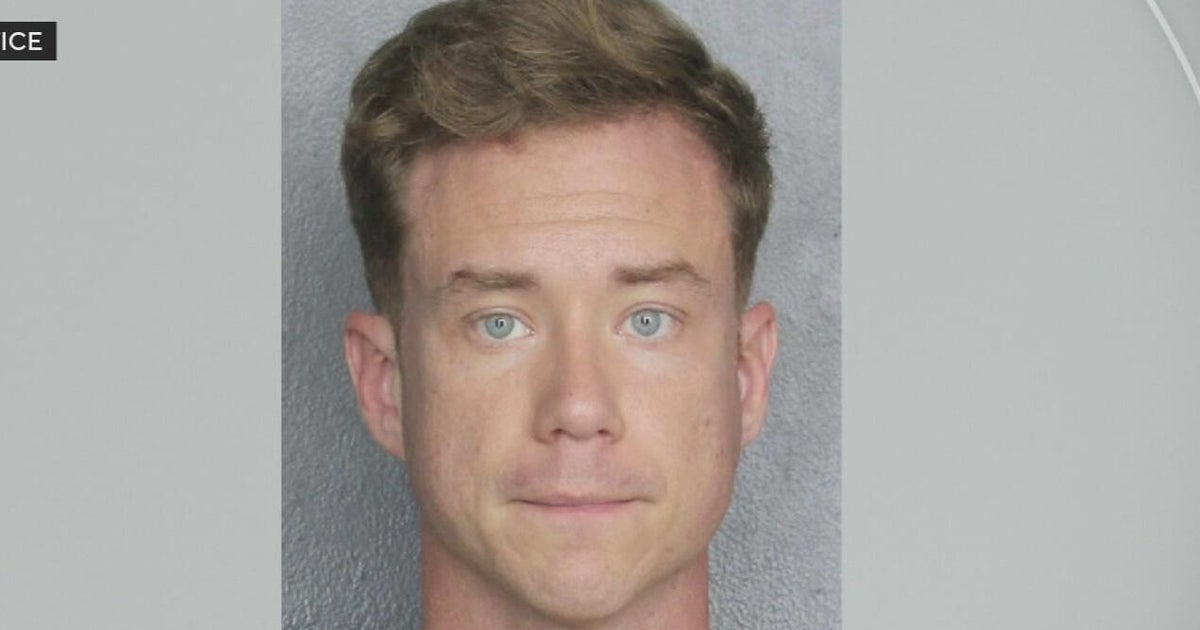Expanding a modern-era record for executions in a year, Florida Gov. Ron DeSantis on Friday signed a death warrant for a man convicted of murdering a Bay County woman in 1989.
Mark Allen Geralds is scheduled to be executed Dec. 9 for the murder of Tressa Lynn Pettibone, a 33-year-old Panama City Beach mother who was beaten and stabbed to death in her home. Pettibone’s body was discovered on the kitchen floor by her 8-year-old son, Bart, when he returned from school on Feb. 1, 1989, according to court records. Tressa Lynn Pettibone was stabbed three times in her neck.
“The medical examiner found numerous bruises and abrasions on Ms. Pettibone’s head, face, chest, and abdomen that were caused by some form of blunt trauma. The medical examiner also determined that the Ms. Pettibone’s wrists had been bound with a plastic tie for at least twenty minutes prior to her death,” Attorney General James Uthmeier wrote in a review of Geralds’ case that accompanied Friday’s death warrant.
Geralds, 58, was convicted in 1990 of first-degree murder, armed robbery, burglary and grand theft auto. A jury unanimously recommended the death penalty for Pettibone’s murder, and Geralds’ conviction and death sentence were upheld by the Florida Supreme Court in 2006.
Typically, the signing of a death warrant begins a flurry of legal activity about whether the execution should be carried out.
If Geralds’ execution goes forward, he could be the 18th death row inmate to be executed in what has been a record year in Florida. Fifteen men have been put to death by lethal injection in 2025, and two men are awaiting execution this month.
Asked about his pace of signing death warrants, DeSantis on Monday said he is bringing justice to victims’ families.
The death penalty could be a “strong deterrent” if sentences were more quickly carried out, the governor told reporters. He suggested that the increase in death warrants could have started years earlier but that he needed time to get settled into office after first being elected in 2018 and that priorities shifted as the COVID-19 pandemic hit in early 2020.
The state did not execute any inmates in 2020, 2021 and 2022.
“I think we’re in a good spot now, and I want to make sure that [death row inmates] that have exhausted all these appeals over many years, sometimes decades, like when all that’s done … and there’s victims’ families that are wanting to see justice, that I’m doing my part to deliver that,” DeSantis said during an appearance in Jacksonville.
The previous record for executions in a year was eight in 1984 and 2014. The modern era represents the period since the death penalty was reinstated in 1976, after a 1972 U.S. Supreme Court opinion halted it.
The state has carried out two executions per month since May.
Florida executed Norman Grim, 65, on Oct. 28 for the 1998 sexual assault and murder of Cynthia Chapman, an attorney who was his neighbor in Santa Rosa County. Samuel Smithers, 72, was put to death by lethal injection Oct. 14 in the 1996 murders of two women in Hillsborough County.
In addition to Smithers, inmates executed this year were Victor Jones on Sept. 30; David Pittman on Sept. 17; Curtis Windom on Aug. 28; Kayle Bates on Aug. 19; Edward Zakrzewski on July 31; Michael Bell on July 15; Thomas Gudinas on June 24; Anthony Wainwright on June 10; Glen Rogers on May 15; Jeffrey Hutchinson on May 1; Michael Tanzi on April 8; Edward James on March 20; and James Ford on Feb. 13.
DeSantis also has signed death warrants to execute Bryan Frederick Jennings on Nov. 13 and Richard Barry Randolph on Nov. 20. Jennings was convicted in the 1979 kidnapping, rape and murder of a 6-year-old girl in Brevard County, while Randolph was convicted in the 1988 rape and murder of a Putnam County convenience-store manager.
As of Monday, Florida had 256 inmates on death row, according to the state Department of Corrections website. Florida has had 30 people convicted and sentenced to death only to later be exonerated since 1973, according to the Death Penalty Information Center. Illinois is next highest with 22, followed by Texas at 18.



